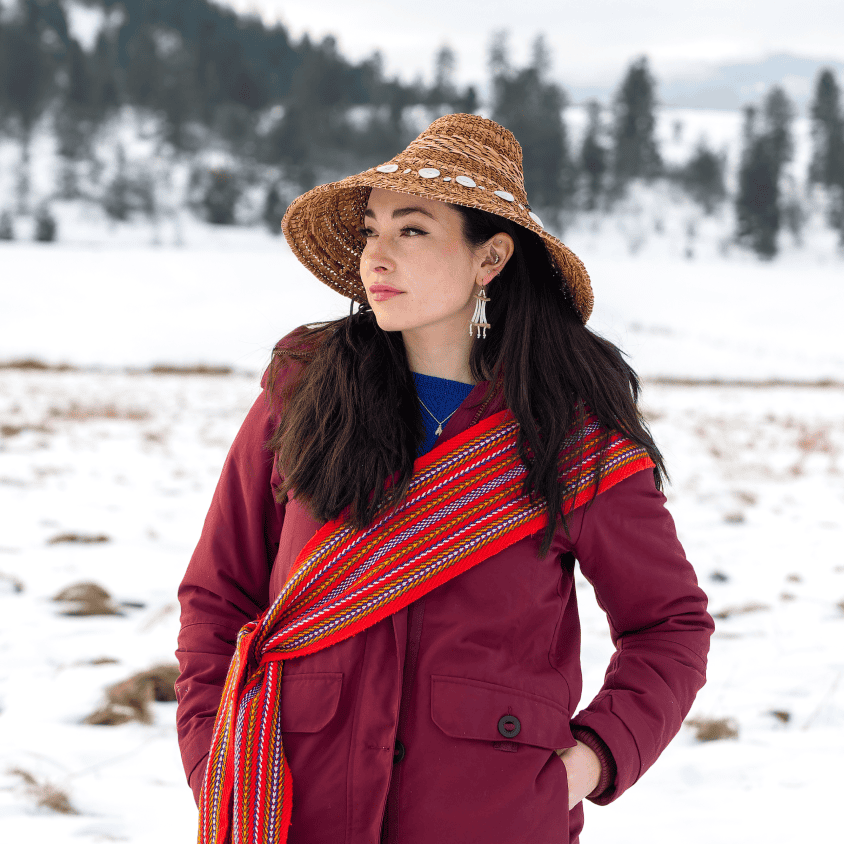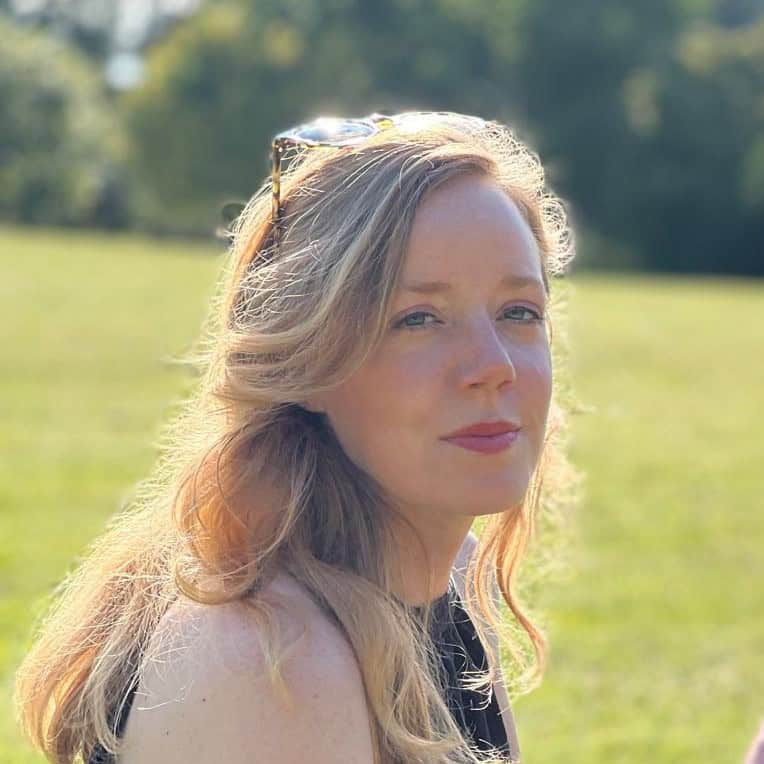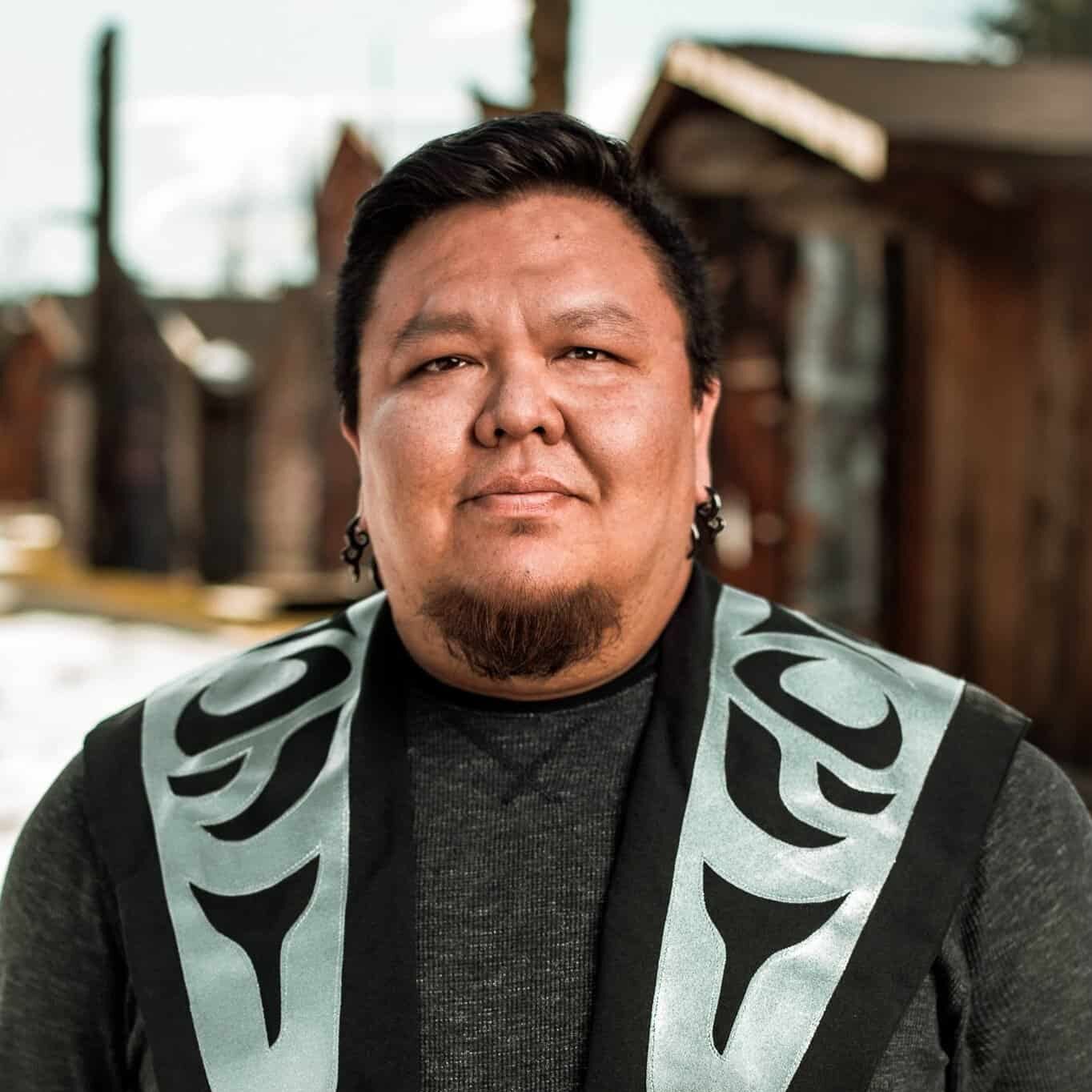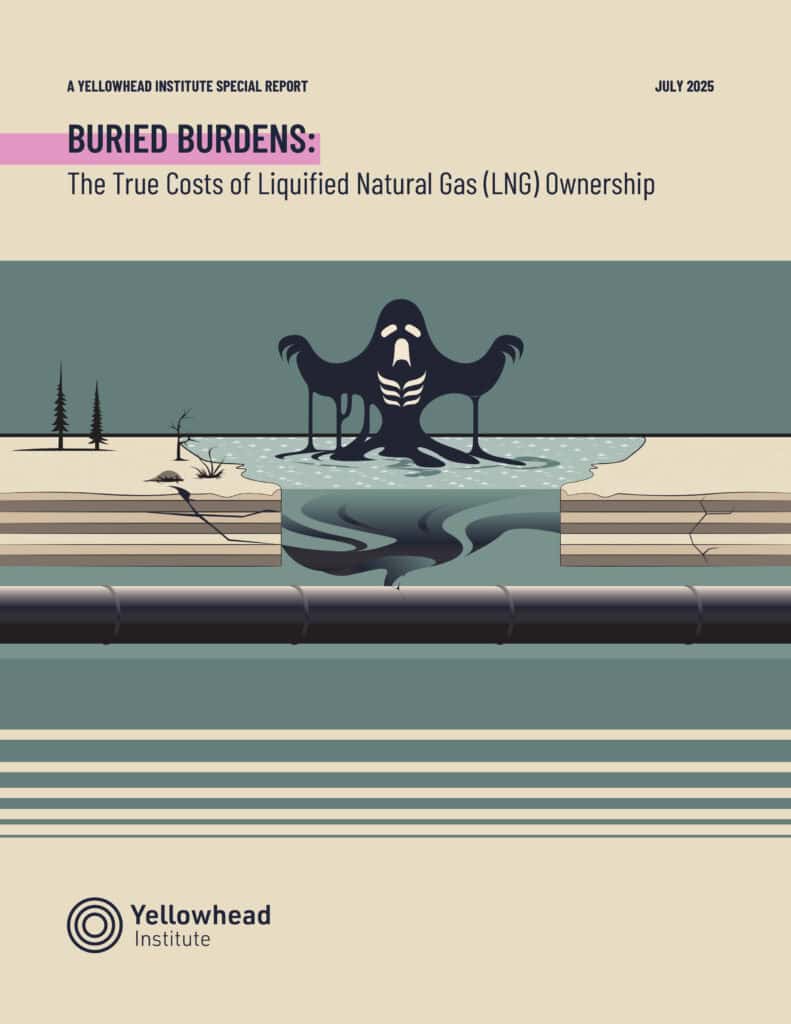As federal and provincial governments pass legislation to fast track resource development, a long-delayed liquefied natural gas (LNG) pipeline in B.C. has been approved.
The contentious Prince Rupert Gas Transmission Project (PRGT) and Ksi Lisims facility are expected to transport and export millions of tonnes of fracked gas annually, making it one of the country’s largest LNG projects. It is contentious because the Project is championed by the Nisg̱a’a Government, a significant investor, but crosses Gitxsan and Tsimshian territory. This Special Report considers the Project’s fraught history and identifies a number of issues, including an outdated environmental assessment, changes to the pipeline route, and costly construction risks.
Part I offers an analysis of the rise of Indigenous equity ownership in resource development, loan guarantee programs, and the financial risks associated with LNG production generally, but also specifically with PRGT and Ksi Lisims.
Part II draws on interviews with Tsimshian and Gitxsan community members on the Project against the backdrop of environmental, social, cultural, and legal risks, all of which form the basis of their resistance to the Project. Taken together, this analysis forms the argument that PRGT and Ksi Lisims present significant and potentially devastating risks to investors, communities, and the land and water. It must be reconsidered.
KEY QUESTIONS
With major resource projects set to expand in Canada, including the Prince Rupert natural gas pipeline in BC – Indigenous communities are encouraged to participate – what are the financial, environmental, social and cultural risks?
How can Indigenous Nations navigate the complex challenge of resource development when some Nations support (and invest) while others oppose?
RELATED RESOURCES
No matter your understanding of economics, we must understand that our obsession with unrestricted growth is killing the very thing that sustains us. Our relationship with and actions upon the environment are interconnected: we cannot exist without a healthy environment and the tools to steward it according to Indigenous laws.
- Michaela M. McGuire - Jaad Gudgihljiwah and Janna Wale
AUTHOR

Janna Wale
Gitanmaax First Nation, Cree-Métis
AUTHOR

Michaela M. McGuire - Jaad Gudgihljiwah
Haida Nation
AUTHOR

Rosanna Carver
AUTHOR

Emily Lowan
ARTIST

Hetxw’ms Gyetxw
Brett D. Huson
Gitxsan Nation

